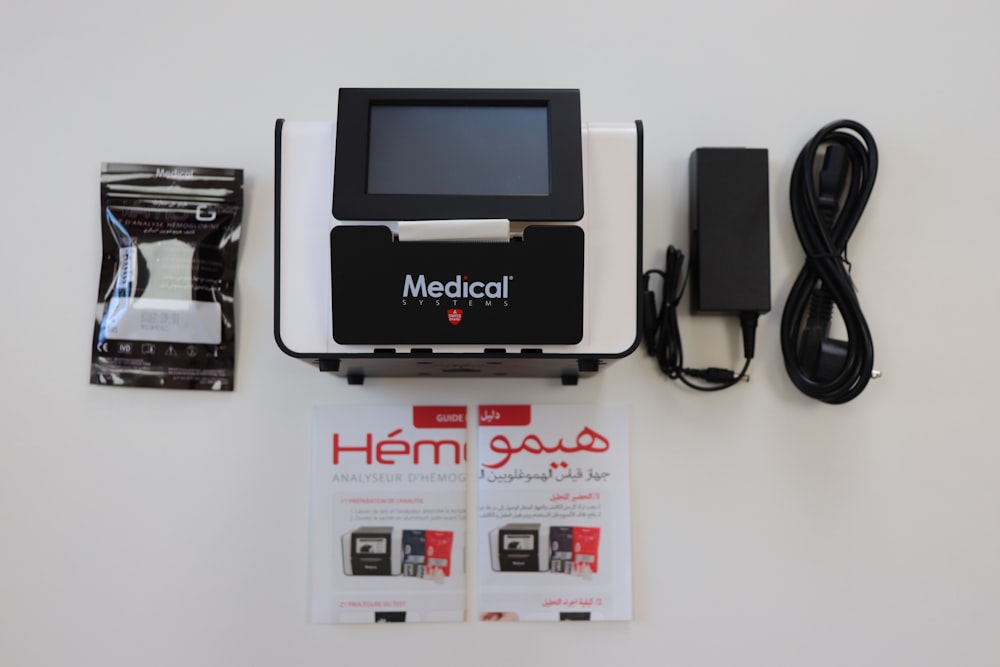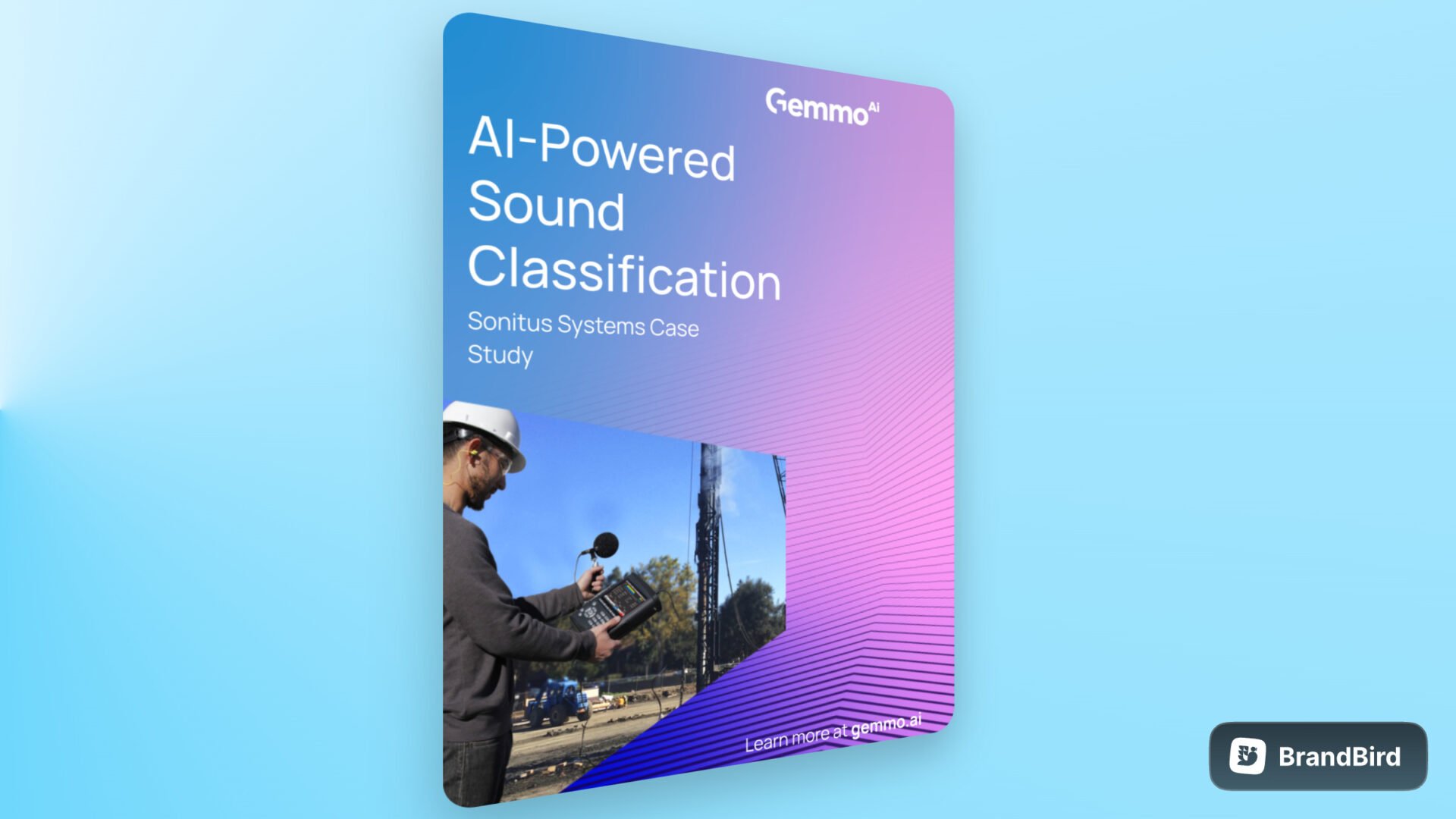Applications of AI in Healthcare
The use of artificial intelligence (AI) in healthcare is no surprise. Few industries can compete with the stakes of dealing with the well-being of human life. As such, AI in healthcare covers a wide range of applications...

The use of artificial intelligence (AI) in healthcare is no surprise. Few industries can compete with the stakes of dealing with the well-being of human life.
As such, AI in healthcare covers a wide range of applications, from managing patient data to forecasting disease outbreaks. It is transforming the monitoring of chronic illnesses and enabling more individualised treatment plans.
AI also improves medical operations by decreasing human error and providing accuracy. Robot-assisted treatments are becoming increasingly common, even in difficult surgeries, and are improving recovery times and result.
As such, this article will illustrate some of the most impressive uses of AI in the field.
Benefits of AI in Healthcare
By Hush Naidoo Jade Photography
- User-Centric Experiences
The use of machine learning, large data sets, and analytics can help organisations provide a more patient-centric experience. Healthcare providers may greatly improve patient and physician satisfaction by utilising artificial intelligence. AI expedites the consultation process, cutting down on waiting periods and raising the precision of diagnoses.
By evaluating enormous volumes of data to create individualised treatment regimens, it also personalises patient care. In addition to helping patients, this efficiency frees up healthcare professionals to concentrate more on patient care rather than administrative duties.
- Improvement of Efficiency
By examining emerging data patterns, AI can aid health professionals and healthcare providers make the most of their assets and resources. The improvement of clinical and operational workflows, processes, and financial operations is imperative to provide the highest quality of care.
This technology is essential for optimising financial operations, healthcare procedures, and process simplification. In order to provide the best possible treatment, AI must be incorporated into these fields.
Integrating machine learning ensures that patients receive prompt and efficient care in addition to assisting in more effective resource management. With AI’s continued development, its potential to revolutionise healthcare operations grows.
Such developments open the door to a future in which patient-oriented, patient-responsive healthcare will be more effective and accessible than ever.
- Harnessing of Data
Healthcare data is, unfortunately, often disparate and fragmented in different formats. By using AI, organisations can connect these data points into a coherent and understandable narrative.
Moreover, different healthcare systems in different continents can effectively congregate the data and derive insights to further medicine and healthcare. These developments not only expand the limits of healthcare and medicine but also open the door to more informed, data-driven choices in circumstances involving universal health.
Use Cases of AI in Healthcare
Doctor with a stethoscope by Online Marketing
- Accurate Diagnosis
Path.ai is a venture that specialises in accurate diagnoses. Using machine learning algorithms, they empower the field of pathology.
Path.ai reduces errors during diagnosis, which offers patients and their healthcare providers a higher chance of combating the illness. Additionally, the platform offers a range of possible treatments. And even measures therapeutic efficiencies for complex diseases.
- Early Diagnosis of Fatal Blood Diseases
The use of AI-enhanced microscopes has allowed doctors to scan for harmful substances and bacteria in blood samples, such as Staphylococcus, E. coli, etc., at a much faster rate than the speed of manual scanning. This advantage can help reduce the fatality rate by catching the disease at an early stage, allowing medics to intervene in time.
In a blood sample of over 25,000, AI can learn to identify the harmful bacteria in the blood. As well as this, it can predict their presence in new samples with an accuracy of 95 per cent, reducing fatality by a large margin.
- Treatment of Rare Diseases
BERG is an AI-empowered, clinical-stage biotech platform that leverages its proprietary platform to map disease and revolutionise treatments across oncology, neurology and rare diseases. The platform utilises research, development, and interrogative biology, allowing medical professionals to create robust products for patients fighting rare diseases.
The use of AI to treat rare diseases is extremely consequential. After all, public funding for R&D in medicine often goes to the issues in high demand.
By Soula Walid
Popular Applications of AI in Healthcare
Metalhead by Possessed Photography
- Robotics
Surgical robotics existed even before AI became prevalent in healthcare. However, today, AI has been integrated into surgical robotics.
Surgical robots can control their movements’ trajectory, depth, and speed with great precision. They are well-suited for procedures that require the same repetitive movements as they can work without fatigue.
Coupled with AI, manufacturers see the potential to use deep learning data to automate rather than program behaviour into the robot. Thanks to AI, we can determine patterns within surgical procedures to improve best practices.
AI is also used with machine vision to analyse scans and detect cancerous cases. Laparoscopic video analysis of surgeries, like sleeve gastrectomy procedures, helps to identify missing or unexpected steps in real-time.
- Automation of Healthcare Tasks
Another significant use of AI in healthcare is the automation of redundant healthcare tasks. Time is precious, and any second saved is valuable.
In this regard, the venture Olive.ai is an invaluable tool. Olive.ai is an AI-based platform that automates multiple processes like checking the eligibility of un adjudicated medical claims, transferring the necessary medical data to the respective medical professionals, and so on.
Moreover, the platform integrates seamlessly with existing tools used by healthcare organisations.
- Improved Healthcare Access
AI in healthcare has led to the development of medical software that offers interactive and customised healthcare services. Patients have better and improved access to hospitals when required.
The use of AI chatbots helps them further. If the issues are minor, patients are automatically recommended the respective medication, and if a doctor visit is necessary, the same is suggested to the patients. The easy access leads to a more equitable system.
Key Takeaway
The applications of AI in the field of healthcare and medicine outlined in this article is by no means exhaustive. There remain many more use cases, and with the rapid evolution of AI, we can certainly expect more in the future.
Though we’ve highlighted some of the most significant and innovative applications this is only a small sample of a constantly changing and dynamic industry. Watch this space for our next updates on artificial intelligence in healthcare, where we’ll explore the newest developments and trends.
Work with Gemmo AI today for your AI needs.
Author: Michelle Diaz
Check out our other resources:







